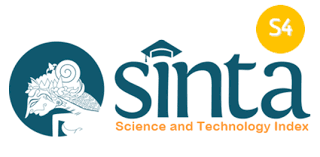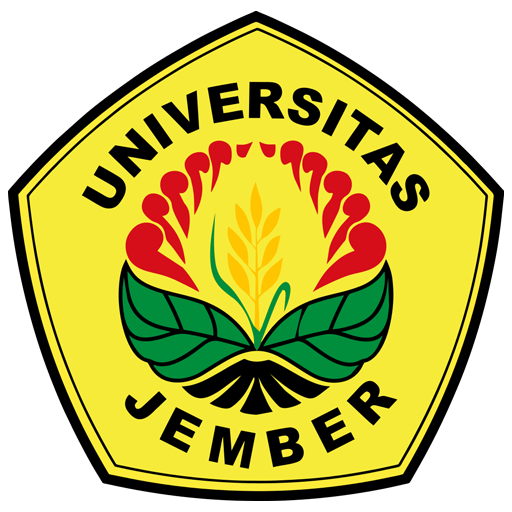Pengangkatan Tokoh Fiksi Animasi Sebagai Duta Perserikatan Bangsa-Bangsa (PBB) (The Appointment of Fiction Animated Character as Ambassadors of the United Nations (UN)
DOI:
https://doi.org/10.19184/e-sos.v6i1.12186Abstract
A b s t r a ct
United Nations (UN), as an international organization, has copious purposes and programs which are devoted to developing the world and providing better lives for people throughout the globe. Some of the programs initiated by the organization are Milennium Development Goal’s (MDG’S) and Sustainable Development Goal’s (SDG). In optimizing various programs that they set up, particularly development programs, United Nations assigned ambassadors who were responsible in introducing the programs to the whole world. Those ambassadors were elected from public figures known as Goodwill Ambassadors. In addition to electing ambassadors from real figures, United Nations also had evoked animated figures as the ambassadors. This scientific article was aimed at discovering the reasons backgrounding United Nations’ decision on assigning animation figures as the ambassadors. Obtained from literature study by sourcing books, scientific journals, articles, and internet websites, research data scrutinized in the study were secondary in nature and analyzed by persuasive propaganda concept coupled with qualitative analysis. Research results indicated that the reasons behind United Nations’ decision in choosing animation figures as the ambassadors were meant to be a for of persuasive propaganda by involving animation figures possessing tremendous popularity in the world. In addition, the inclusion of three animation figures was cushioned by the aptness of chosen animation figures to particular mission that United Nations carried out and the fact that children throughout the globe were the main target, as well as the extent to which these characters were popular.
Ke y w o r d s fic t i o n an im a ti o n f i gu r es, mile nn i u m d e v el op me n t t h e a m ba ss a d o r s o f U n ited N a ti on s
Downloads
Downloads
Published
Issue
Section
License
Penulis yang mengusulkan naskahnya untuk dapat diproses penerbitannya pada e-SOSPOL dianggap telah menyetujui beberapa hal sebagai berikut:
1. Penulis tidak dapat menarik naskah yang telah usulkan untuk diproses hingga mendapat jawaban dari Ketua Dewan Penyunting atas status naskah artikel ilmiahnya (diterima atau ditolak untuk diterbitkan).
2. Penerbit tidak bertanggung jawab terhadap kasus plagiasi atas artikel yang terbit pada e-SOSPOL
3. Penerbit tidak bertanggung jawab atas data dan isi dari artikel yang diterbitkan pada e-SOSPOL, dan sepenuhnya merupakan tanggung jawab penulis.







